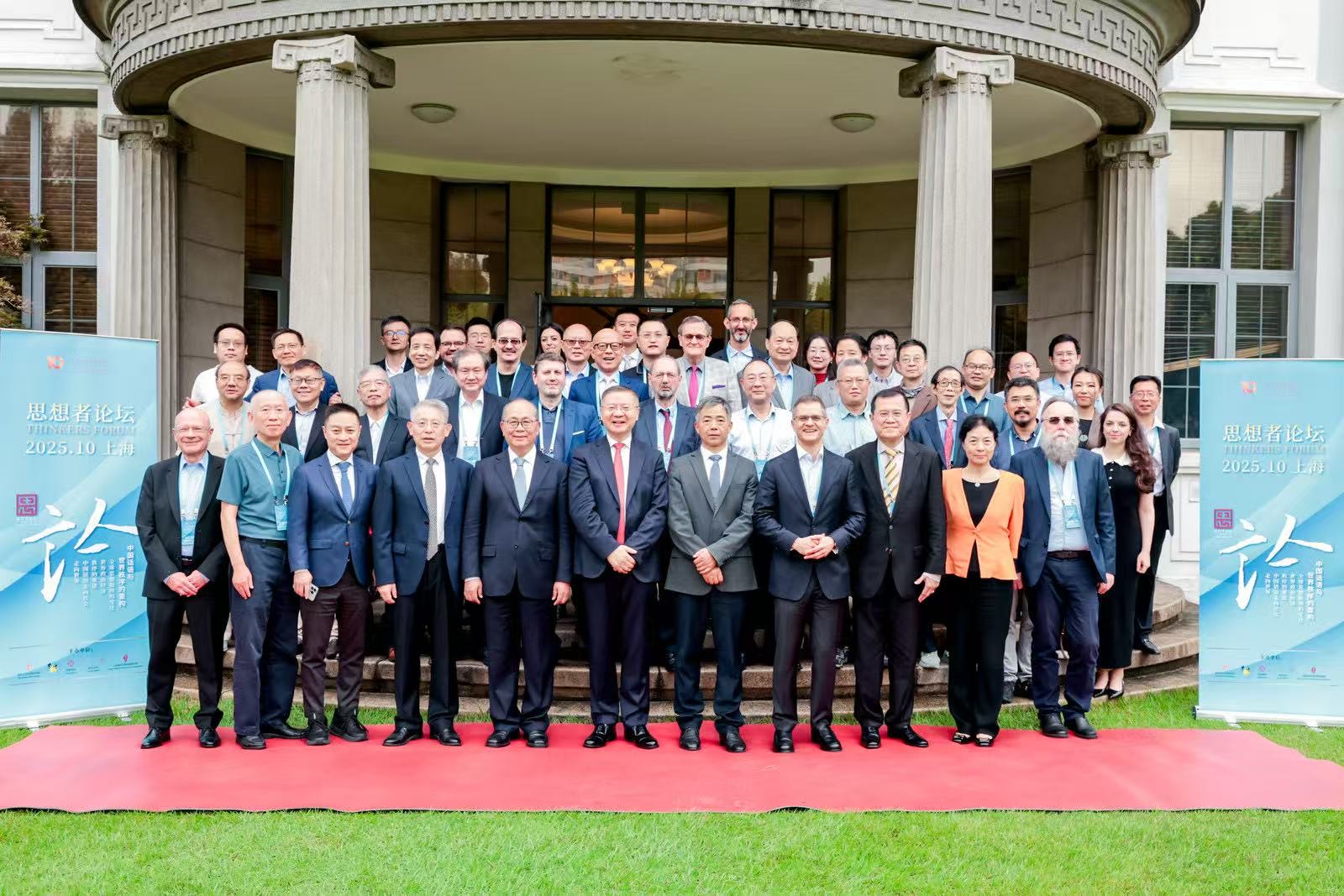CIRSD Vice President Participates at International Conference on Responsible Management Education
Belgrade, October 2025 — CIRSD Vice President Stefan Jovanović participated in the 12th Responsible Management Education Research Conference (RMERC), held last week in Belgrade. The event was organized by the University of Belgrade, Faculty of Organizational Sciences, and the Principles for Responsible Management Education (PRME) Anti-Poverty Working Group, bringing together representatives from academia, the business community, and international organizations from around the world. Read more

 Author:
Author: The Convention on International Trade in Endangered Species of Wild Fauna and Flora (CITES) is increasingly expected to control the estimated $19-billion illegal trade in endangered plants and animals. However, a recent paper for the South African Institute for International Affairs think tank notes that CITES is a treaty among nations, established to regulate legal trade, and is neither self-executing nor legally binding.
The Convention on International Trade in Endangered Species of Wild Fauna and Flora (CITES) is increasingly expected to control the estimated $19-billion illegal trade in endangered plants and animals. However, a recent paper for the South African Institute for International Affairs think tank notes that CITES is a treaty among nations, established to regulate legal trade, and is neither self-executing nor legally binding.









